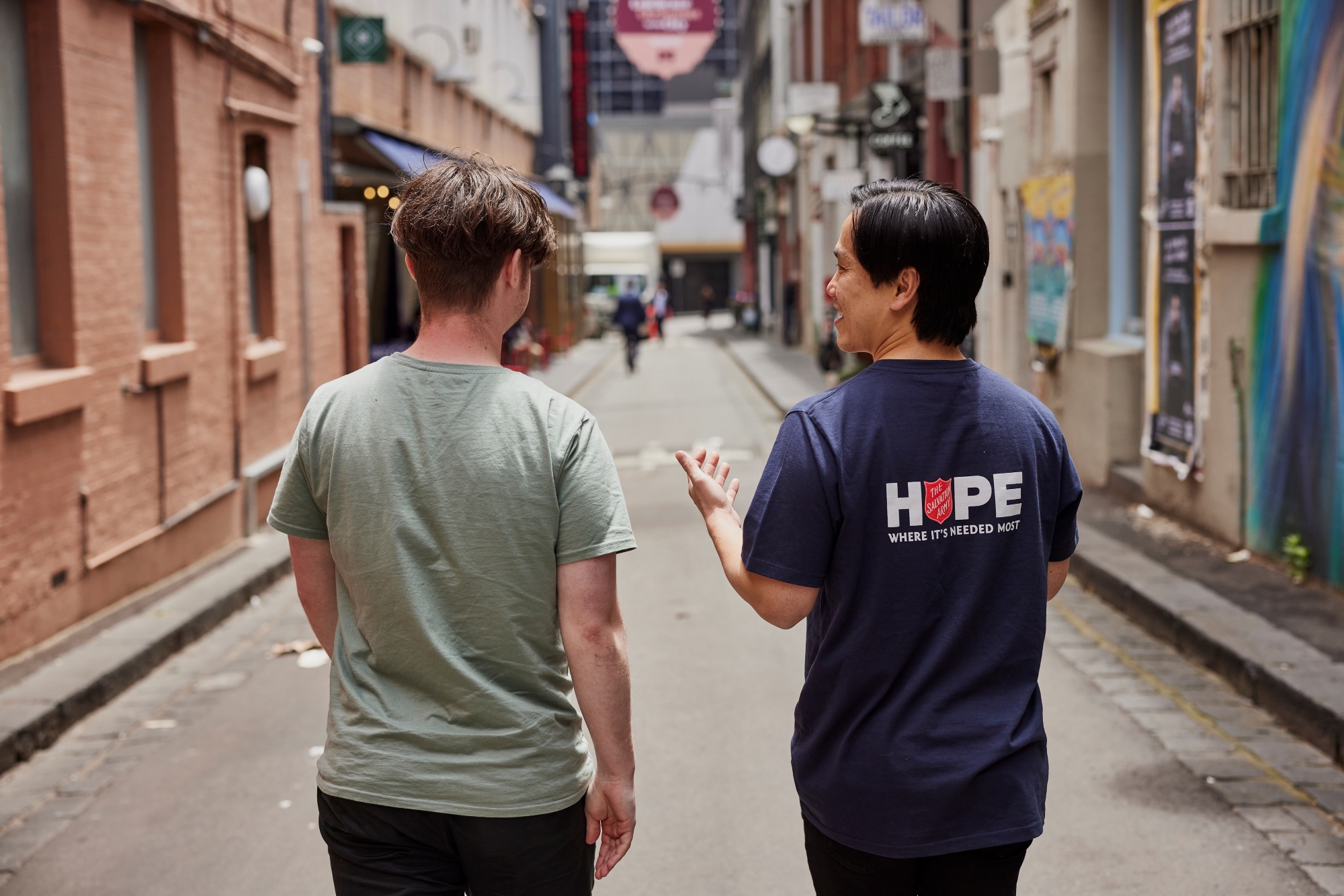Advocacy
As part of our vision to “live, love and fight alongside others to transform Australia one life at a time with the love of Jesus”, The Salvation Army advocates to influence key decision makers and those who have the power to implement social policy change. This includes our advocacy with federal and state members of parliament. We know from experience that systems-based advocacy, which addresses the root causes of social problems, can make the most difference to those experiencing hardship and injustice.
On this website you can find information about critical issues of social disadvantage in Australia, as well as the tools to contact your local member of parliament to raise your concerns.
Social Justice Stocktake
Find out moreAboriginal & Torres Strait Islander Voice
Find out moreWhat you can do
Find out moreRecent Campaigns
Find out more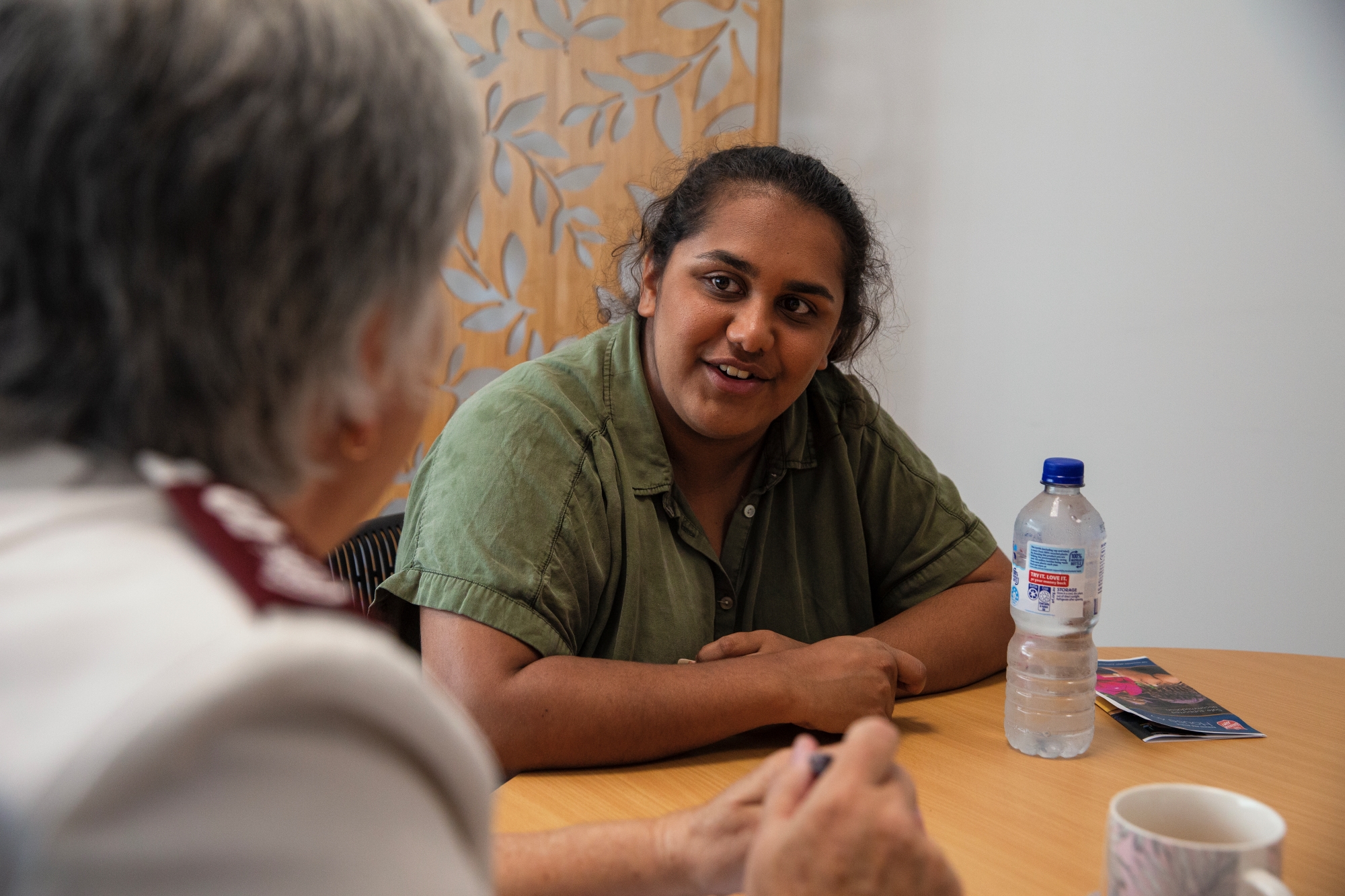
The Salvation Army sees first-hand the social injustices experienced by Aboriginal and Torres Strait Islander peoples across the breadth of our services.
In response to our Commitment to Reconciliation and Reconciliation Action Plan, The Salvation Army supports the call for the establishment of an Aboriginal and Torres Strait Islander Voice.
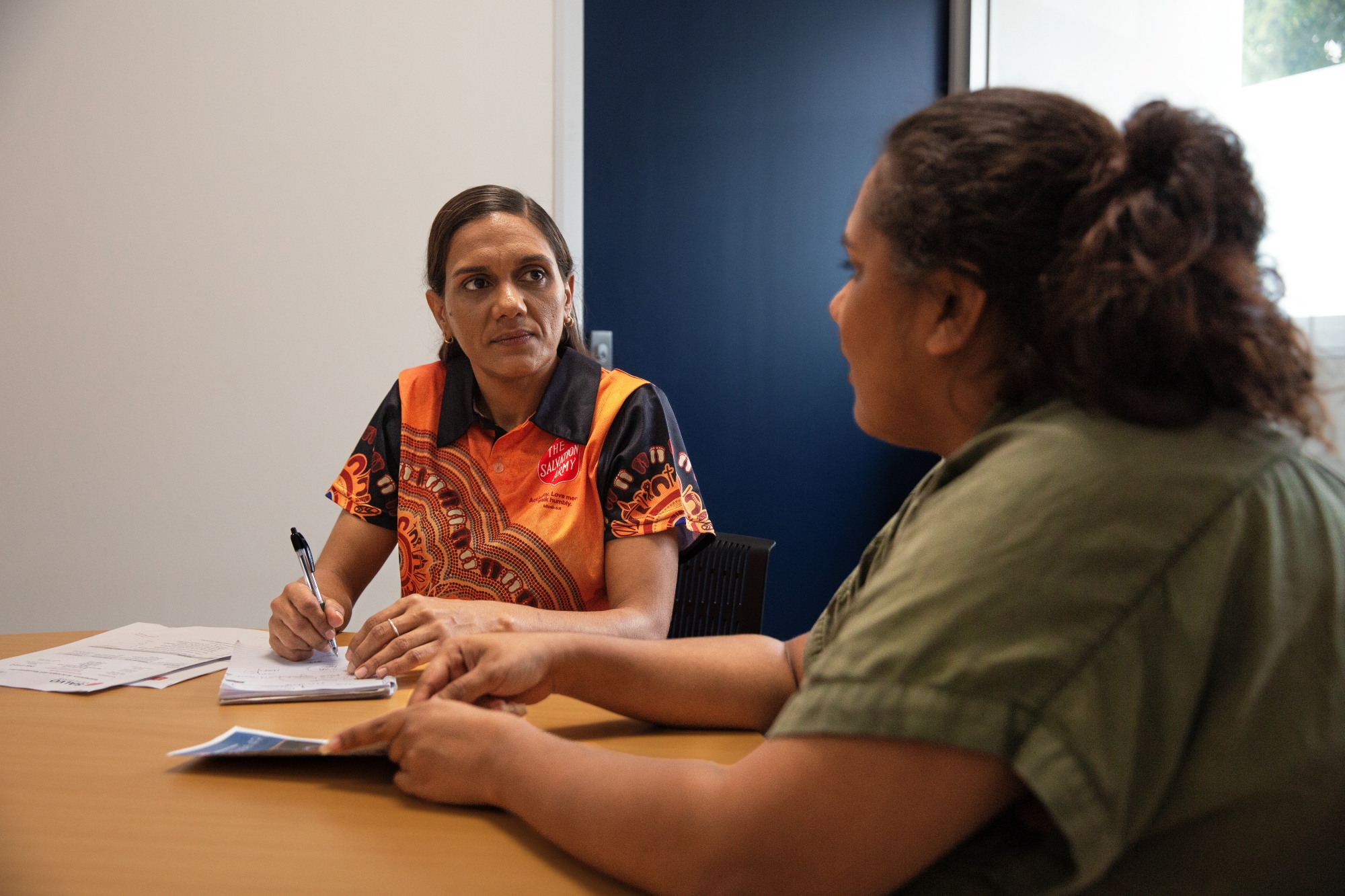
Aboriginal and Torres Strait Islander peoples are part of the oldest living culture in the world. They also experience a disproportionate amount of disadvantage.
There are both historical and current contributors to this. Many of the contributors are systemic and structural. This means we need to address both the hardship experienced and the underlying reasons that have led to them. Aboriginal and Torres Strait Islander peoples have shared a pathway with us to address this social justice issue in the Uluru Statement from the Heart – now we need to walk along it.
Aboriginal and Torres Strait Islander disadvantage intersects with many policy areas. Some submissions which particularly relate to Aboriginal and Torres Strait Islander people's disadvantage are listed below.
- Criminal Law Consolidation (Coercive Control) Amendment Bill 2023 - Oct 2023
- Exposure Draft Justice Legislation Amendment (Domestic and Family Violence) Bill 2023 - August 2023
- Australian Human Rights Commission - Youth Justice and Child Wellbeing Reform Across Australia - June 2023
- Aboriginal and Torres Strait Islander Action Plan - Family Violence – Australian Department of Social Services - March 2023
- Indigenous Voice Co-design Interim Report - National Indigenous Australians Agency- April 2021
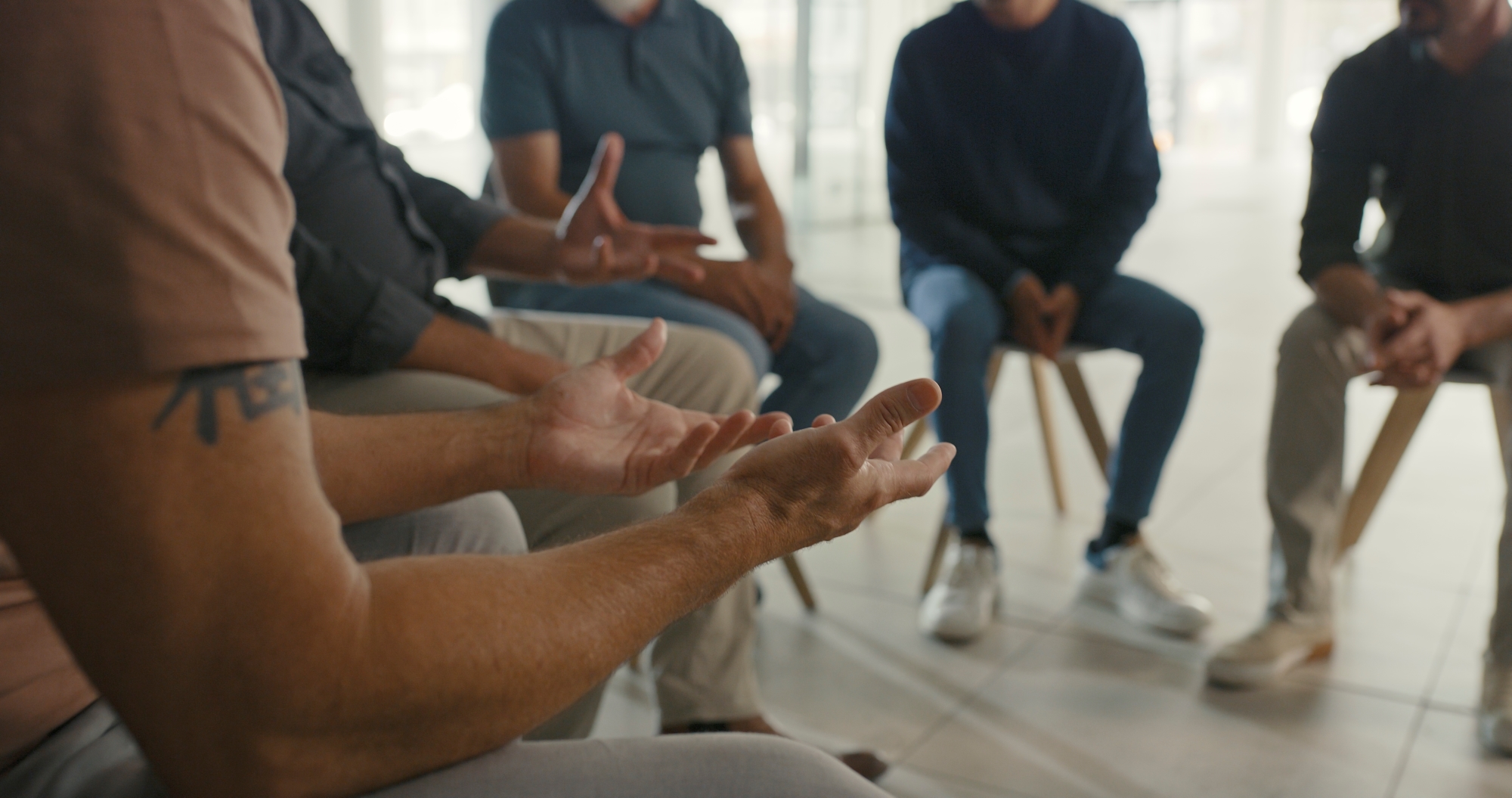
Alcohol and other drug related harm is both a driver and result of other forms of disadvantage. Often a person experiencing alcohol or other drug harm is also experiencing multiple disadvantages at once.
The consumption of alcohol and illicit drugs can place a heavy burden on individuals, families and society. Alcohol and drug misuse itself can change an individual’s brain, making it harder for them to change behaviour – even when they want to. It can affect health, relationships, jobs and education. The cost to the community from alcohol-related harm is estimated to exceed $14 billion annually.
The Salvation Army’s alcohol and other drugs services aim to prevent and reduce harm for both individuals and the wider community. We provide safe, high-quality, evidence-based support that enables people to pursue fullness of life and to improve outcomes for themselves, their families and communities.
There is a lot we can do to address the harm that comes from alcohol and drug misuse. Read more about what The Salvation Army has said on this issue in our submissions below.
- Cashless Gaming Inquiry - ACT Legislative Assembly – September 2023
- Inquiry into the Drugs of Dependence (Personal Use) Amendment Bill 2021 – ACT Legislative Assembly – June 2021
- Inquiry into the suitability of Crown Melbourne Limited to hold a casino licence.– Royal Commission into the Casino Operator and Licence – May 2021
- Inquiry into the Interactive Gambling Amendment (Prohibition on Credit Card Use) Bill 2020 - Senate Standing Committee on Environment and Communications – April 2021
- Use of credit cards for gambling transactions consultation paper – Australian Banking Association – March 2020
- Social Services Legislation Amendment (Drug Testing Trial) Bill 2019– Senate Standing Committee on Community Affairs – September 2019
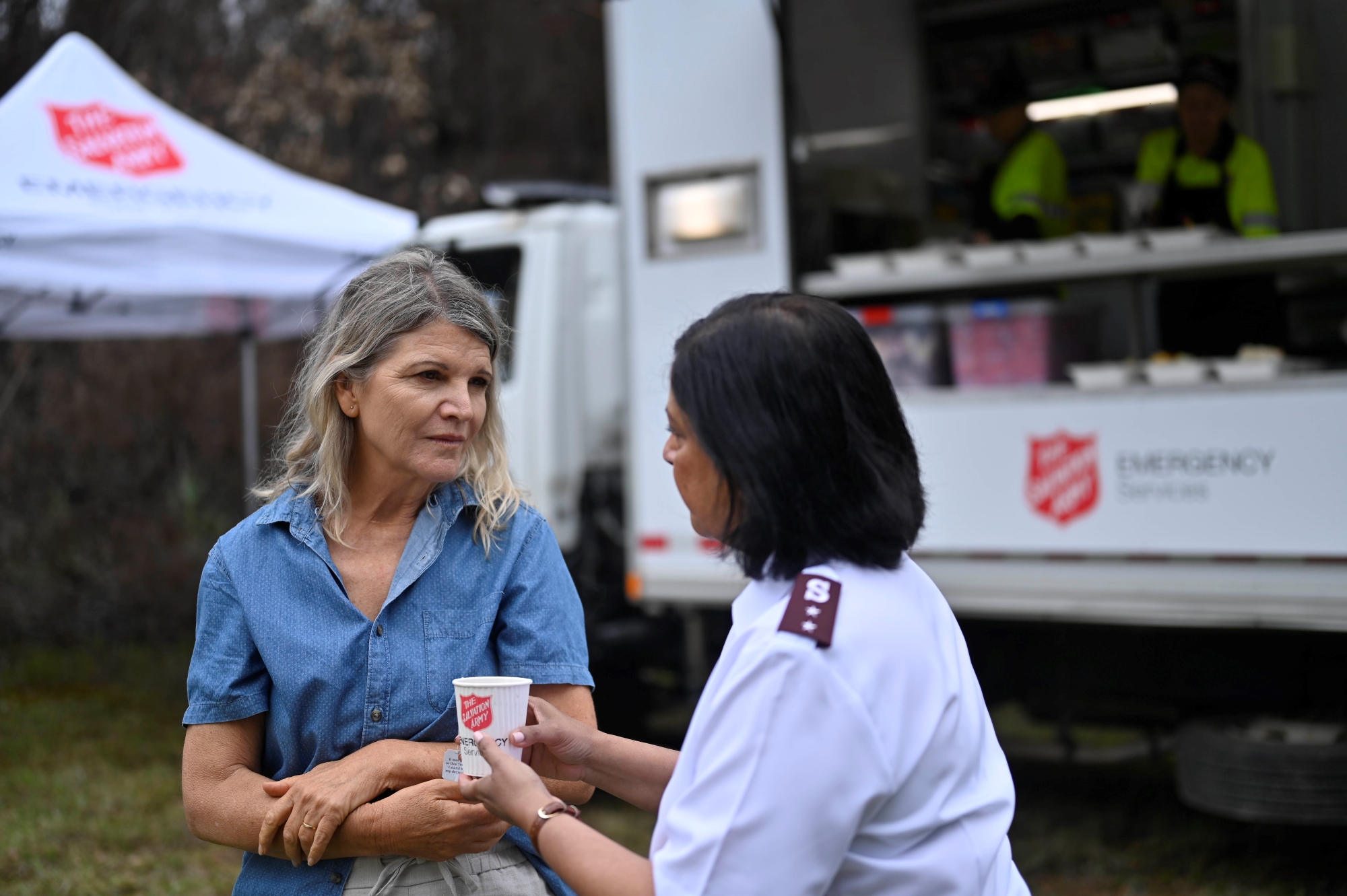
From Bushfires, floods, storm damage, earthquakes and droughts, The Salvation Army has a long history of working to restore the physical, emotional, environmental and economic wellbeing of communities and people affected by natural disasters.
We also advocate to all levels of government for adequate support to communities and individuals after a disaster, including:
- Short and medium-term accommodation for those displaced;
- Available and accessible mental health support for the medium to long term; and
- Improved cooperation between all levels of government, as well as the community sector to provide collaborative wraparound support.
We also work to help governments, communities, organisations and individuals to better prepare and plan for natural disasters.
Read more about what The Salvation Army has said on this issue in our submissions below.
- 2022 NSW Flood Inquiry – NSW Independent Flood Inquiry – May 2022
- Inquiry into the COVID-19 2021 pandemic response – ACT Legislative Assembly Select Committee on the COVID-19 2021 Pandemic Response – November 2021
- Inquiry into the Australian Government’s response to the COVID-19 pandemic – Senate Select Committee on COVID-19 – June 2020
- Royal Commission into National Natural Disaster Arrangements– April 2020
- NSW Independent Expert Inquiry into the 2019-20 Bushfire Season – April 2020
- Inquiry into the 2019-20 Victorian fire season – Victorian Inspector General for Emergency Management – April 2020
- Independent review into the South Australian 2019-20 bushfire season – South Australian Fire and Emergency Services Commission – March 2020
- Inquiry into support for drought affected communities in New South Wales– New South Wales Legislative Assembly Committee on Investment, Industry and Regional Development – November 2019
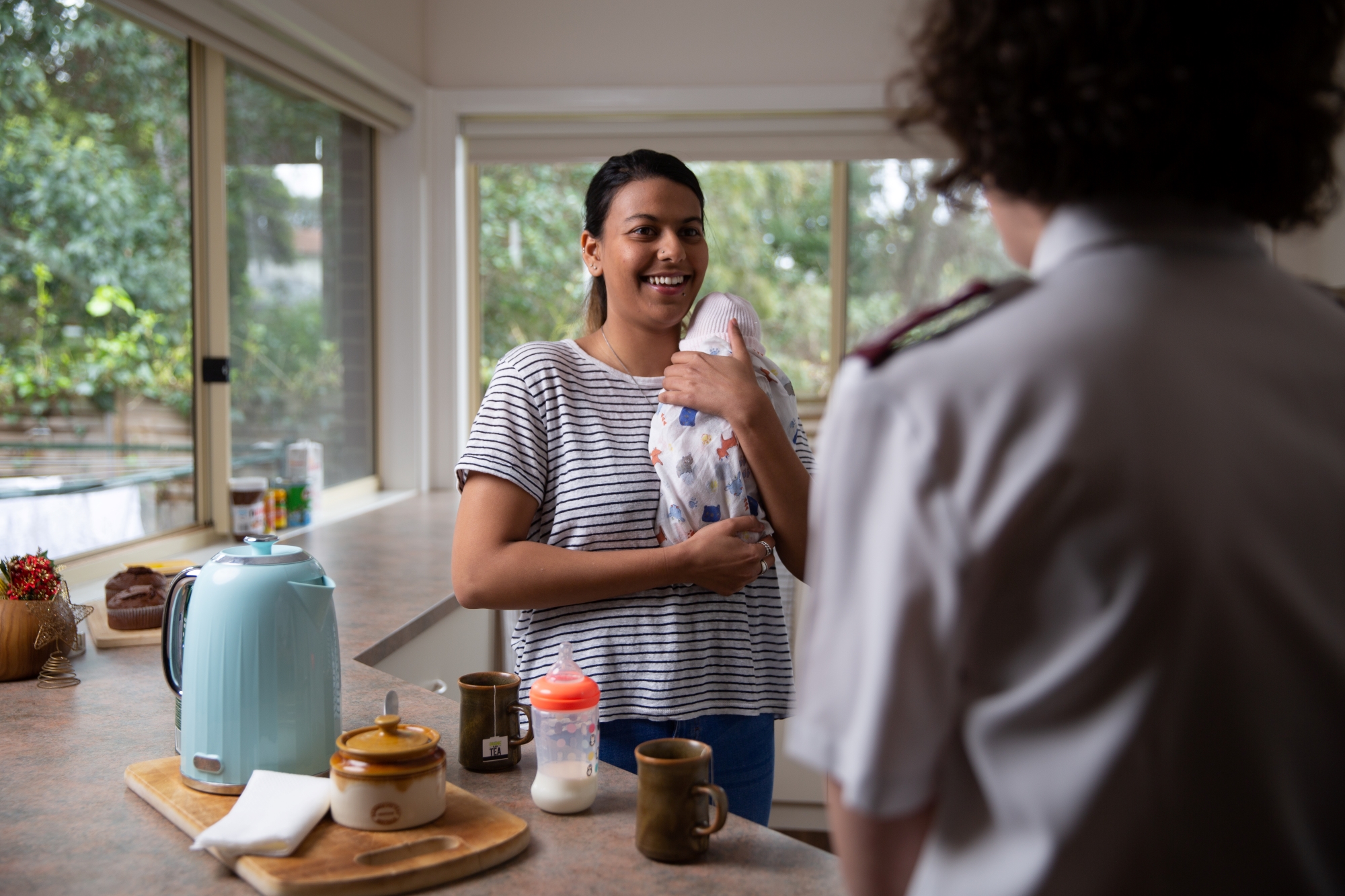
Family and domestic violence is one of the major justice, health and welfare issues in Australia, and it can have lifelong impacts for victim-survivors, their families and for whole communities.
The Salvation Army operates family and domestic violence services in almost all states and territories in Australia. Our range of specialist services include outreach, crisis interventions, brokerage and emergency accommodation, transitional and housing support. The Salvation Army also provides family violence prevention programs to over 2,000 men nationally.
We need to ensure that when a victim-survivor seeks help, they receive it. This means that there is sufficient funding for supports and that supports allow victim-survivors to be physically safe while continuing to be employed. Pursue education and be connected. When someone leaves a violence relationship, they need somewhere to go.
Family and domestic violence is preventable. Prevention, early intervention and community education remain the most effective ways to address the underlying problem of family and domestic violence. We must continue to educate the community to recognise and call out violence and controlling behaviours as unacceptable.
Read more about what The Salvation Army has said on this issue in our submissions below.
- Review of Consent Laws in South Australia - Feb 2024
- Review of NSW Legal Protections for Victim-Survivors of Forced Marriage - Dec 2023
- Criminal Law Consolidation (Coercive Control) Amendment Bill 2023 - Oct 2023
- Queensland Domestic and Family Violence Perpetrator Strategy Consultation - Sept 2023
- Exposure Draft Justice Legislation Amendment (Domestic and Family Violence) Bill 2023 - August 2023
- Queensland Sentencing Advisory Council - Review of Sentencing Sexual Violence Offences & Aggravating Factor for Domestic and Family Violence Offences - June 2023
- Inquiry into options for legislating against coercive control and the creation of a standalone domestic violence offence – Queensland Women’s Safety and Justice Taskforce – July 2021
- Inquiry into Family Violence Reforms – Victorian Family Violence Implementation Reform Monitor– July 2020
- Inquiry into family, domestic and sexual violence - House of Representatives Standing Committee on Social Policy and Legal Affairs– July 2020
- Northern Territory domestic, family and sexual violence workforce and sector development plan – Territory Families– June 2020
- Northern Territory domestic, family and sexual violence workforce and sector development plan – Territory Families – June 2020
- Inquiry into Australia’s family law system– Joint Select Committee on Australia’s Family Law System – December 2019
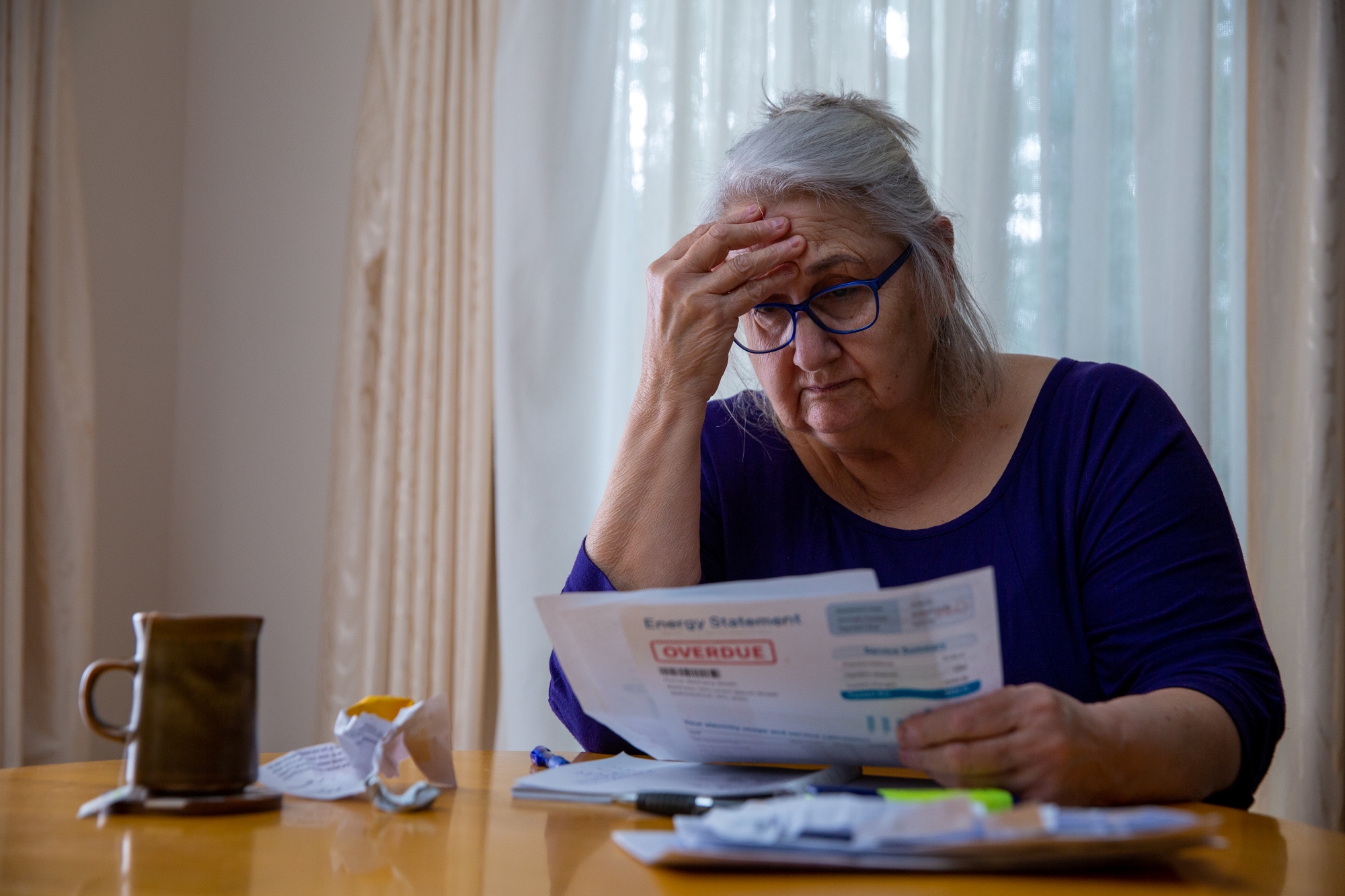
Australia is a wealthy country. But millions of Australians are experiencing poverty and financial hardship. Too often people are forced to live without access to their basic needs like safe shelter, health, or the ability to participate.
The Salvation Army is a major provider of emergency relief, case management, and financial counselling across the country. We also advocate to all levels of government on the need for:
- Structural reform to the social security system, including raising the rate of the JobSeeker Payment and Youth Allowance;
- Improvements to responsible lending protections; and
- Expanding the support of social, community and affordable housing.
Read more about what The Salvation Army has said on this issue in our submissions below.
- A stronger, more diverse and independent community sector - November 2023
- Economic Inclusion Advisory Committee Bill 2023 – The Senate Standing Committee on Community Affairs – November 2023
- Inquiry into the Provision of and Access to Dental Care in Australia – Senate Select Committee – June 2023
- Anti-avoidance provisions for credit product intervention orders – Australian Treasury – March 2023
- Cost of Living Pressures in the ACT - ACT Legislative Assembly’s Select Committee – March 2023
- Consumer Credit Regulations – The Australian Treasury – March 2023
- Cost of living inquiry - Senate select committee on the cost of living - March 2023
- The Extent and Nature of Poverty in Australia – Senate Community Affairs Committee – February 2023
- Inquiry into the purpose, intent and adequacy of the Disability Support Pension – Senate Standing Committee on Community Affairs – June 2021
- Social Services Legislation Amendment (Strengthening Income Support) Bill 2021– Senate Community Affairs Legislation Committee - March 2021
- Consumer Credit Reforms – Senate Economic Affairs Committee– February 2021
- South Australian Payday Lending Reform – The South Australian Attorney-General’s Department– November 2020
- National Consumer Credit Protection Amendment (Small Amount Credit Contract and Consumer Lease Reforms) Bill 2019– Senate Standing Committee on Economics Legislation – February 2020
- Social Security (Administration) Amendment (Income Management to Cashless Debit Card Transition) Bill 2019– Senate Standing Committee on Community Affairs Legislation – October 2019
- Inquiry into the adequacy of Newstart and related payments and alternative mechanisms to determine the level of income support payments in Australia– Senate Standing Committee on Community Affairs – September 2019
- CP316 ‘Using the product intervention power: Short term credit’ consultation paper– Australian Securities and Investment Commission – July 2019

Women are over-represented in almost all the services The Salvation Army provides and under-represented in almost all places of influence. According to the Women’s Gender Equality Agency, Australia’s gender pay gap – the difference between the average earnings for men and women - is the combined result of social and economic factors that reduce women’s earning capacity over their lifetime. Women are also disproportionately more likely to be doing unpaid work at home. Gender inequality also provides the underlying conditions for violence against women.
We need gender equality urgently. Gender equality prevents violence against women and girls and is essential for economic prosperity. Gender equality and women’s economic security will benefit boys and men too, through increased personal wellbeing, stronger relationships, greater economic growth and more peaceful societies. Societies that value all genders equally are safer and healthier – it’s in everyone’s interests to achieve gender equality.
Read more about what The Salvation Army has said on this issue in our submissions below.
- Achieving Equity for Women and Girls in the ACT – Community Services Directorate ACT– February 2023
- Inquiry into the Paid Parental Leave Amendment (Improvements for Families and Gender Equity) Bill – Senate Standing Committee on Community Affairs – January 2023
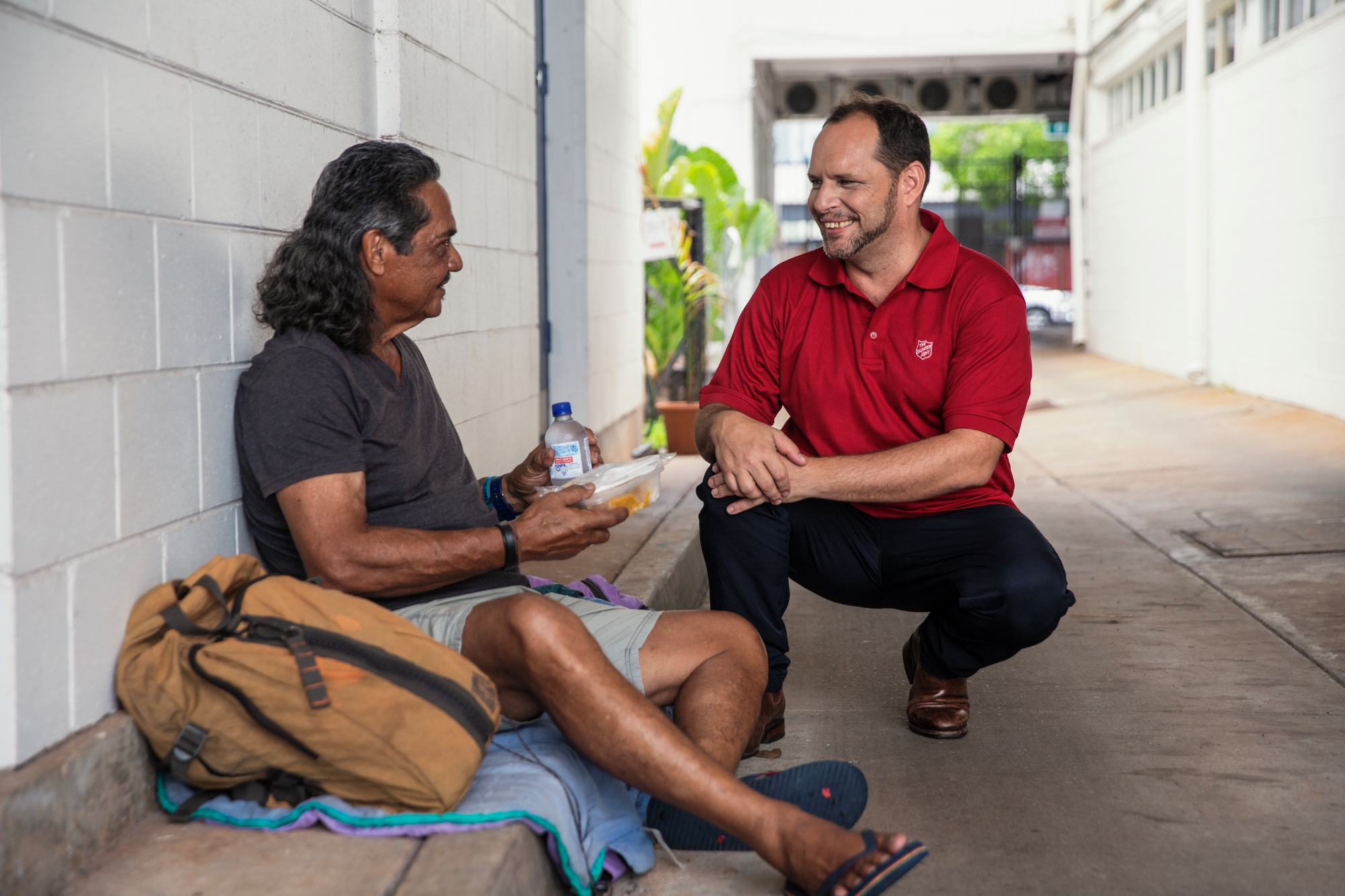
Well over 100,000 people are homeless in Australia, and people who experience homelessness are amongst the most socially and economically disadvantaged in our society. The Salvation Army is one of the largest providers of homelessness services across the country, providing specialist services, including supported accommodation, case management, assertive outreach support, brief intervention, prevention and diversion programs.
The Salvation Army advocates to all levels of government on the need for:
- Address the structural causes of homelessness – poverty and the lack of social and affordable housing;
- Prioritise early intervention and prevention initiatives; and
- Increase the stock of transitional and crisis accommodation.
Read more about what The Salvation Army has said on this issue in our submissions below.
- Inquiry into the Rental and Housing Affordability Crisis in Victoria, Victorian Legislative Council Legal and Social Issues Committee – July 2023
- Inquiry into the financial administration of homelessness services in Western Australia – WA Legislative Council Standing Committee on Estimates and Financial Operations – March 2022
- Northern Territory Community Housing Growth Strategy 2021-2030 – Northern Territory Department of Territory Families, Housing and Communities– May 2021
- Ten-Year Social and Affordable Housing Strategy for Victoria – Victorian Department of Families, Fairness and Housing– April 2021
- Consumer Credit Reforms Consultation - The Australian Treasury- November 2020
- Response to the New South Wales Housing Strategy Discussion Paper – New South Wales Department of Planning, Industry and Environment – July 2020
- Inquiry into Homelessness in Australia – House of Representatives Committee on Social Policy and Legal Affairs– June 2020
- Inquiry into homelessness in Victoria– Victorian Legislative Council Committee on Legal and Social Issues – January 2020
- Residential Tenancies Regulation 2019 – New South Wales Department of Consumer Services – August 2019*

A person’s mental health is a central component of wellbeing. Mental ill-health, whether a condition is considered severe or not, undermines the quality of life of millions of Australians.
There are many factors that can cause a person to experience mental ill-health. Some of the societal contributors include economic stresses, such as unemployment and homelessness, and social factors including family and domestic violence, substance use disorders and loneliness and social isolation. Once a person is experiencing mental ill-health, it’s easy for minor conditions and setbacks to snowball, and for this to have monumentally negative impacts upon every part of a person’s life.
Mental illness does not discriminate. It’s important that anyone experiencing mental ill-health can access timely, non-judgmental and effective support so everyone can achieve and maintain mental health and wellbeing. We probably can’t eradicate all underlying causes of mental ill-health, but we certainly can address much of the hardship that comes with it.
Read more about what The Salvation Army has said on this issue in our submissions below.
- NDIS Review - Department of Prime Minister and Cabinet - August 2023
- Inquiry into Social Isolation and Loneliness in Queensland – Queensland Legislative Assembly Community Support and Services Committee – September 2021
- Inquiry into Mental Health and Suicide Prevention – House Select Committee on Mental Health and Suicide Prevention- March 2021
- Mental health inquiry draft report – Productivity Commission – January 2020
- Royal Commission into Victoria’s Mental Health System– July 2019

Modern Slavery is used to describe the economic exploitation, through force, fraud, coercion or abuse, of people who may be working right in-front of us. It is a crime. Australia has made some process but we are still lagging behind compared to similar countries, and many of the victims go undetected.
The Salvation Army has a long history of campaigning and advocating for measures to address modern slavery, both in Australia and overseas. We are deeply committed to fighting modern slavery and human trafficking. We advocate for:
- Increased identification of people experiencing modern slavery.
- Improved prevention mechanisms in place to avoid exploitation and provide early intervention to those at risk; and
- Flexible, client-centered and rights-based responses available to all survivors who need support, not just those who engage with law enforcement or who access specialist non-government organisations.
Read more about what The Salvation Army has said on this issue in our submissions below.
- Inquiry into job Security - Senate Select Committee on Job Security – March 2021
- Inquiry into Queensland Criminal Code and Other Legislation (Wage Theft) Amendment Bill 2020 – Queensland Legislative Assembly Education, Employment and Small Business Committee – July 2020
- Working Holiday Maker Inquiry - Joint Standing Committee on Migration– July 2020
- International strategy on human trafficking and modern slavery – Department of Foreign Affairs and Trade – May 2020
- (Joint submission with the Uniting Church in Australia, Synod of Victoria and Tasmania) Impact of temporary migration on the Australian economy, wages and jobs, social cohesion and workplace rights and conditions– Senate Select Committee on Temporary Migration – March 2020
- (Joint submission with the Uniting Church in Australia, Synod of Victoria and Tasmania) National Action Plan to Combat Modern Slavery 2020-24: Public Consultation– Department of Home Affairs – February 2020
- (Joint submission with Good Shepherd Australia New Zealand) National Action Plan to Combat Modern Slavery 2020-24: Public Consultation– Department of Home Affairs – February 2020
- Inquiry into the Modern Slavery Act 2018 and associated matters– New South Wales Legislative Council Standing Committee on Social Issues – October 2019
- (Joint submission with the Uniting Church in Australia, Synod of Victoria and Tasmania) Inquiry into improving protections of employees' wages and entitlements: strengthening penalties for non-compliance– Attorney-General’s Department – October 2019
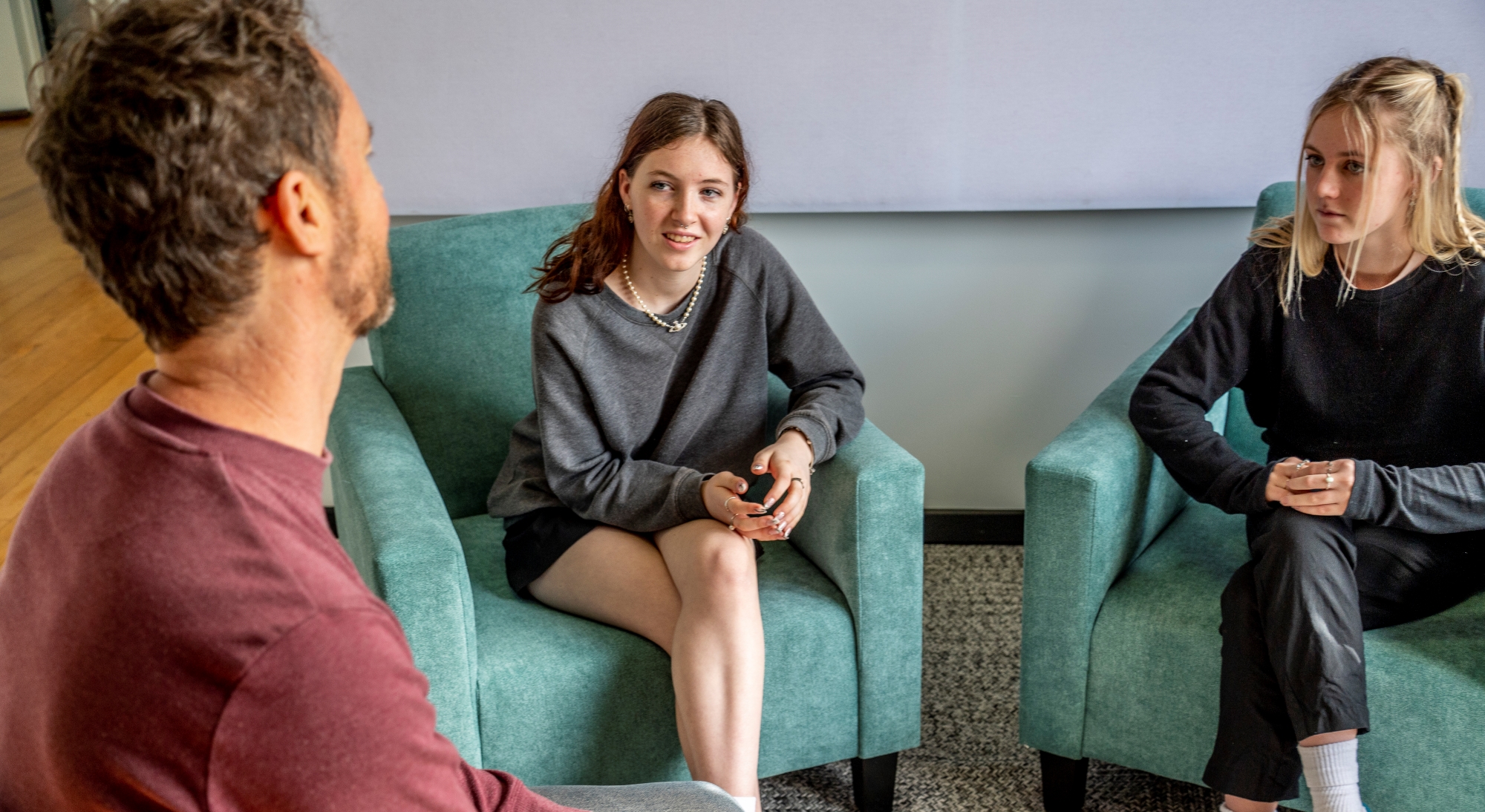
Young people are active agents of change and key actors within our society. Unfortunately many young people in our country face numerous challenges that are beyond their control and may affect their development and future prospects.
As well as providing specialised youth housing, employment training and education services,
The Salvation Army advocates to all governments for:
- A dedicated national youth housing and homelessness plan;
- Youth Justice reform, including raising the age of criminal responsibility; and
- Structural reform to the social security system, including raising the rate of the JobSeeker Payment and Youth Allowance;
Read more about what The Salvation Army has said on this issue in our submissions below.
- Productivity Commission Inquiry into Early Childhood Education and Care Draft Report Release "A Path to Universal Early Childhood Education and Care". Feb 2024
- Australian Human Rights Commission - Youth Justice and Child Wellbeing Reform Across Australia - June 2023
- The Productivity Commission’s Inquiry into Early Childhood Education and Care - May 2023
- Department of Social Services - The Early Years Strategy - April 2023
- Inquiry into age verification for online wagering and online pornography– House of Representatives Standing Committee on Social Policy and Legal Affairs – October 2019
If you have any questions about The Salvation Army’s advocacy or the information on this website, please contact us:

